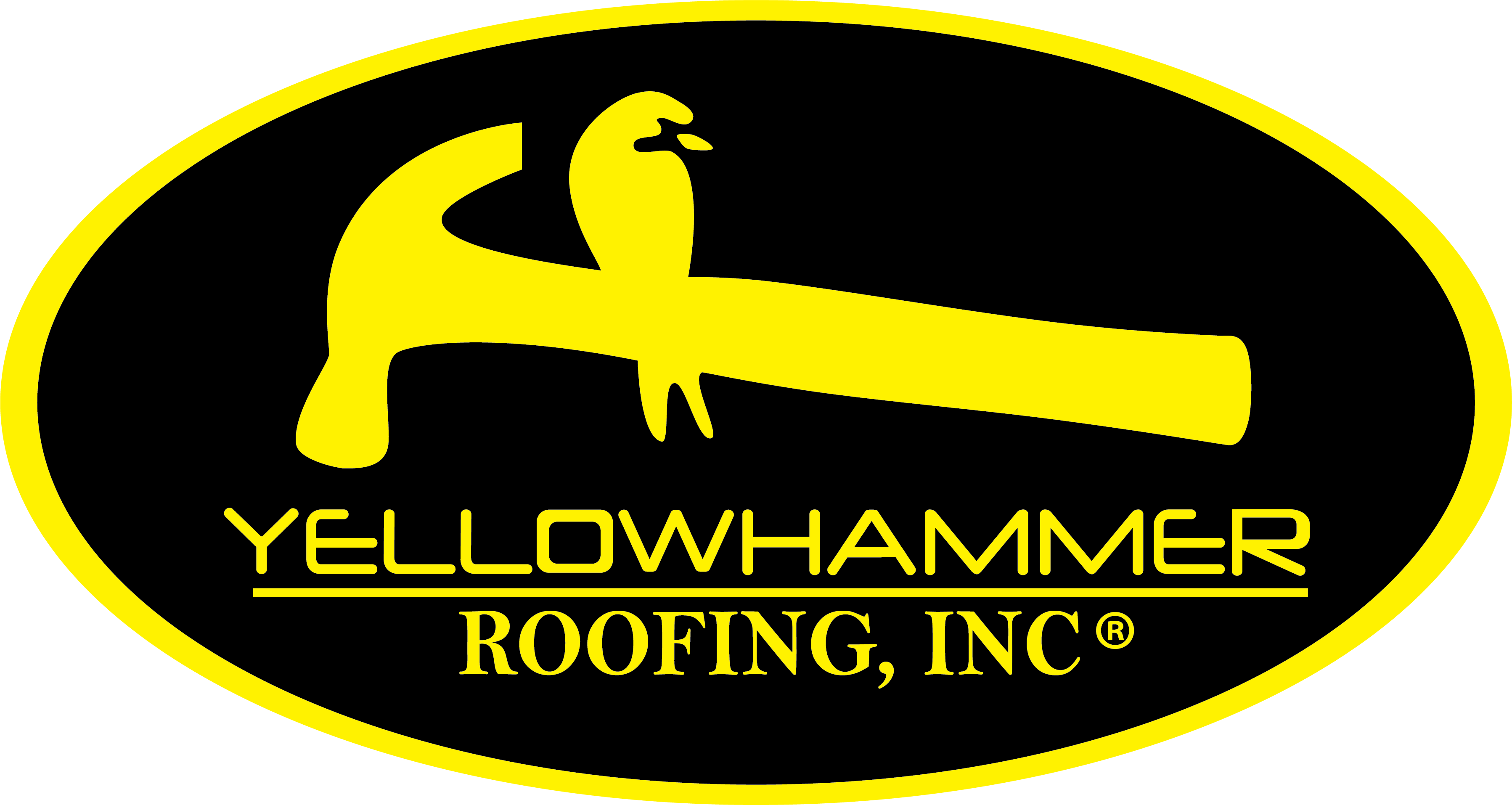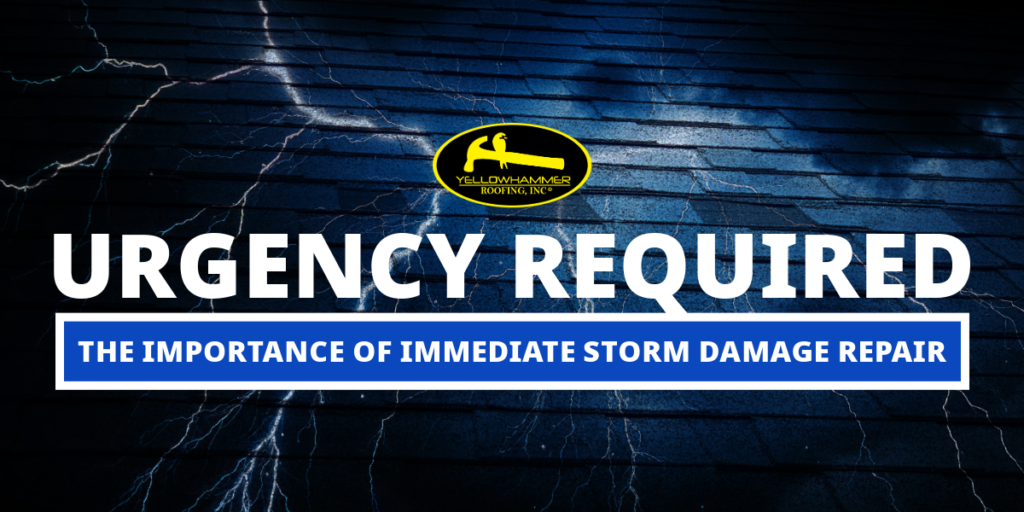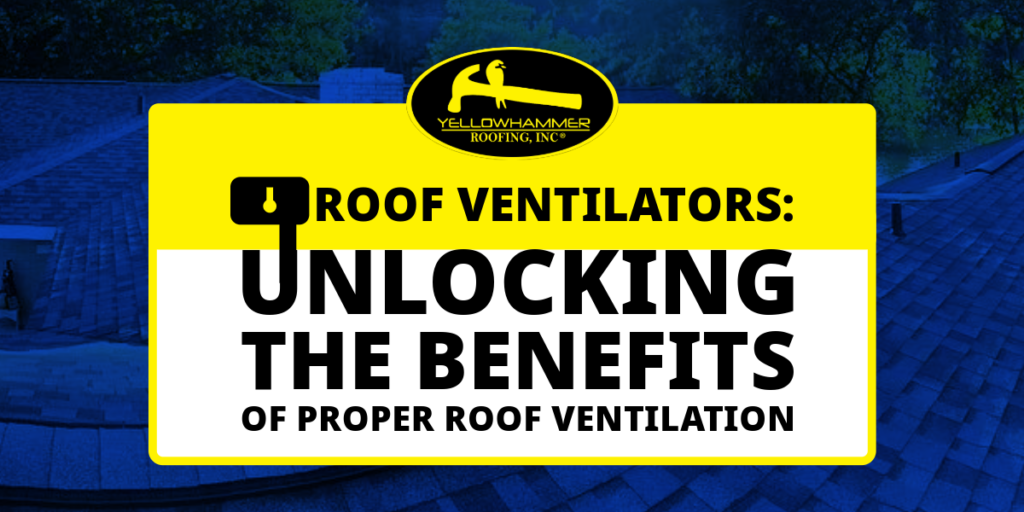Sometimes when homeowners are advised to insulate their attics, they turn down the idea based on cost. Having your attic insulated does come at a price, of course – but it’s not as expensive as you might think. Plus, residential attic insulation saves money in several ways over the years.
Those savings will soon allow you to recoup the initial cost.
You’ve already invested in a roof, siding, and other building materials. Insulating your attic is the best way to protect those investments, even if it costs a bit of money up-front. Here are some more specific ways insulating your attic helps you save.
Lowering Your Energy Bills
Reducing energy bills is the most obvious way residential attic insulation saves you money. In the summer, a good layer of attic insulation blocks the heat from the sun, keeping your upstairs much cooler.
Your air conditioner won’t have to work as hard to cool your house down. As a result, your electricity bills will stay lower. There will also be less wear and tear on your AC unit.
In the winter, attic insulation keeps heat from escaping through your roof. Blocking the heat loss reduces your heating bills and the burden on your furnace.
Energy savings can add up faster than you’d think. The EPA estimates homeowners can save, on average, 11% of their energy costs by better insulating and sealing their homes.
Protecting Your Roof
If your attic is not well insulated, heat will escape directly through your roof. If heat escapes through your roof, it is hard on your roofing shingles. Shingle manufacturers design shingles to be installed with a well-insulated attic, and a lack of insulation can accelerate their rate of deterioration. You may notice them beginning to lose granules or crack prematurely, especially if you live in a warm climate.
In snowy climates, a lack of attic insulation can allow for the formation of ice dams. Heat traveling through the roof melts snow near the peak. It runs down to the roof’s edge, where it re-freezes. In the process of re-freezing, it can pry shingles off the roof.
Whether or not you get snow, attic insulation is crucial for protecting your shingles during the cold winter months. It’s better to spend a little money on attic insulation than to pay for a total roof replacement several years early.
Protecting Your Attic From Condensation
If your attic is not well insulated, warm air from the floors below will flow into your attic. The attic is generally cooler than your home itself. So, moisture will condense out of that warm air and accumulate on surfaces in the attic. Over time, this moisture can lead to mold growth and rot. Mold and rot are difficult and expensive to eradicate from an attic space.
Blown-in insulation, in particular, is good at preventing attic condensation. It fills in all the little gaps in your attic floors and walls, preventing air leaks from downstairs. If the humid air can’t get into your attic, you won’t experience nearly as much condensation. Thankfully, blown-in insulation, such as AttiCat® Expanding Blown-In insulation, is relatively easy for professionals to install.
Protecting Your Second Floor From Moisture Damage
Not just your attic can suffer moisture damage if condensation forms in the space. That moisture can eventually seep down the walls, leading to moist spots and discoloration on the walls and ceilings of your second floor. Removing and replacing drywall or ceiling materials is a significant and expensive endeavor. It’s easier – and more affordable – to insulate your attic and prevent this sort of damage in the first place.
Roof damage caused by a lack of insulation can also be detrimental to your second-floor building materials. If your shingles deteriorate and start leaking, water will soon make its way into your walls and ceilings.
Reducing Noise Transmission With Residential Attic Insulation
Do you hear many noises from outside, such as traffic or the neighbors talking? Sometimes people invest in noise-blocking window treatments or cork wallboards to help absorb this sound. Before you purchase these items, give attic insulation a try. Blown-in insulation, especially, is pretty effective at absorbing sound. Homeowners often report their homes are much quieter after having attic insulation installed. You may not need those noise-blocking drapes or wall boards after all.
Having your attic insulated is more affordable than you might think, and it also saves you money over the life of your home. Blown-in insulation can be installed quickly and easily. It’s an excellent choice for humid climates and will help protect your home from condensation, premature roof damage, and heat loss.
If you’re thinking of insulating your attic, contact Yellowhammer Roofing in Birmingham, Alabama. We can come to give you a quote, discuss the benefits above in more depth, and tell you which type of insulation best suits your needs.






